Dalai Lama pleads for "world community's" help
Tibet's spiritual leader the Dalai Lama has urged the "world community" to help end the turmoil in his homeland.
Saturday, 29.03.2008.
14:52

Tibet's spiritual leader the Dalai Lama has urged the "world community" to help end the turmoil in his homeland. It came after renewed calls from global leaders for talks with Beijing. Dalai Lama pleads for "world community's" help He did so hours after foreign diplomats demanded unfettered access in Lhasa following a move by authorities to allow them to visit the riot-torn city, where anti-Chinese protests there ended in bloodshed more than two weeks ago. "We have no power except justice, truth, sincerity... that is why I appeal to the world community to please help," the Dalai Lama told a news conference in New Delhi. "I am here helpless, I just pray," said the spiritual leader. The Dalai Lama, who fled to India in 1959 from Tibet after a failed uprising against Chinese rule, renewed calls for a dialogue with China's leaders to end the unrest, saying: "My side is open... we are waiting." His appeal for help came a day after U.S. President George W. Bush for the first time publicly pressed China to hold talks with representatives of the spiritual leader after raising concerns about the situation in Tibet. The Nobel Laureate Dalai Lama, who won the Peace Prize in 1989 for leading a non-violent struggle for the liberation of his Himalayan nation, reiterated he was "fully committed" to China hosting the Olympics in August. But the 72-year-old added it was important "to remind the Chinese that in order to be respected hosts of the Games" human rights in Tibet must improve. "China looks stable but underneath there's lot of resentment," he said, calling China "a police state." The unrest in Tibet began on March 10 to mark the anniversary of the failed 1959 uprising, which forced the Dalai Lama to leave his homeland. Unrest erupted into widespread rioting in Lhasa on March 14, and spread to neighbouring Chinese provinces populated by Tibetans. Beijing says rioters killed 18 innocent civilians and two police officers during the unrest in which Western tourists reporting seeing Tibetans pelting Chinese with stones and torching Chinese buildings. Exiled Tibetan leaders have put the death toll from the Chinese crackdown at between 135 and 140 Tibetans, with another 1,000 people injured and many detained. On Saturday, diplomats from 15 embassies, including those of the United States, Britain, France and Japan, arrived in the Tibetan capital for a hastily arranged one-day tour. They visited the Jokhang Temple, one of Tibetan Buddhism's most sacred shrines, where monks converged on a tightly government-managed foreign media tour Wednesday and denounced Chinese rule, one Western diplomat in Beijing told AFP after being briefed on the trip. "The chairman of Tibet reassured them (diplomats) that the monks would not be punished" for their Wednesday protest, the diplomat said. "This visit is a good first step, but does not go far enough to meet the request for unfettered access," he said. "Obviously this has been a highly managed visit." Upon arrival to Lhasa Friday evening, the diplomats met the chairman of Tibet's government Qiangba Puncog, visited wounded paramilitary police in hospital and chatted with ordinary Tibetans, the diplomat added. China announced the trip late Thursday night -- allowing the diplomats only hours to prepare for the long flight to Lhasa -- as an international uproar over Beijing's crackdown on the Himalayan region raged. At the start of two days of talks in Slovenia on Friday, EU foreign ministers were split on the idea of boycotting the Beijing Olympics opening ceremony over Tibet, but keen for China to open talks with the Dalai Lama. President George W. Bush's administration has steadfastly opposed a boycott, instead urging China to act with restraint against protesters in Tibet and to open a dialogue with the Dalai Lama. As China's clampdown escalated, so too has the response of the outside world. Following a meeting with Bush in Washington late Friday, Australian Prime Minister Kevin Rudd also called on Beijing to enter talks with the Dalai Lama, while hitting out at China's rights abuses in Tibet. "It's absolutely clear that there are human rights abuses in Tibet. That's clear cut," Rudd said. "We need to be up front and absolutely straight about what's going on. Shouldn't shilly-shally about it."
Dalai Lama pleads for "world community's" help
He did so hours after foreign diplomats demanded unfettered access in Lhasa following a move by authorities to allow them to visit the riot-torn city, where anti-Chinese protests there ended in bloodshed more than two weeks ago."We have no power except justice, truth, sincerity... that is why I appeal to the world community to please help," the Dalai Lama told a news conference in New Delhi.
"I am here helpless, I just pray," said the spiritual leader.
The Dalai Lama, who fled to India in 1959 from Tibet after a failed uprising against Chinese rule, renewed calls for a dialogue with China's leaders to end the unrest, saying: "My side is open... we are waiting."
His appeal for help came a day after U.S. President George W. Bush for the first time publicly pressed China to hold talks with representatives of the spiritual leader after raising concerns about the situation in Tibet.
The Nobel Laureate Dalai Lama, who won the Peace Prize in 1989 for leading a non-violent struggle for the liberation of his Himalayan nation, reiterated he was "fully committed" to China hosting the Olympics in August.
But the 72-year-old added it was important "to remind the Chinese that in order to be respected hosts of the Games" human rights in Tibet must improve.
"China looks stable but underneath there's lot of resentment," he said, calling China "a police state."
The unrest in Tibet began on March 10 to mark the anniversary of the failed 1959 uprising, which forced the Dalai Lama to leave his homeland.
Unrest erupted into widespread rioting in Lhasa on March 14, and spread to neighbouring Chinese provinces populated by Tibetans.
Beijing says rioters killed 18 innocent civilians and two police officers during the unrest in which Western tourists reporting seeing Tibetans pelting Chinese with stones and torching Chinese buildings.
Exiled Tibetan leaders have put the death toll from the Chinese crackdown at between 135 and 140 Tibetans, with another 1,000 people injured and many detained.
On Saturday, diplomats from 15 embassies, including those of the United States, Britain, France and Japan, arrived in the Tibetan capital for a hastily arranged one-day tour.
They visited the Jokhang Temple, one of Tibetan Buddhism's most sacred shrines, where monks converged on a tightly government-managed foreign media tour Wednesday and denounced Chinese rule, one Western diplomat in Beijing told AFP after being briefed on the trip.
"The chairman of Tibet reassured them (diplomats) that the monks would not be punished" for their Wednesday protest, the diplomat said.
"This visit is a good first step, but does not go far enough to meet the request for unfettered access," he said.
"Obviously this has been a highly managed visit."
Upon arrival to Lhasa Friday evening, the diplomats met the chairman of Tibet's government Qiangba Puncog, visited wounded paramilitary police in hospital and chatted with ordinary Tibetans, the diplomat added.
China announced the trip late Thursday night -- allowing the diplomats only hours to prepare for the long flight to Lhasa -- as an international uproar over Beijing's crackdown on the Himalayan region raged.
At the start of two days of talks in Slovenia on Friday, EU foreign ministers were split on the idea of boycotting the Beijing Olympics opening ceremony over Tibet, but keen for China to open talks with the Dalai Lama.
President George W. Bush's administration has steadfastly opposed a boycott, instead urging China to act with restraint against protesters in Tibet and to open a dialogue with the Dalai Lama.
As China's clampdown escalated, so too has the response of the outside world.
Following a meeting with Bush in Washington late Friday, Australian Prime Minister Kevin Rudd also called on Beijing to enter talks with the Dalai Lama, while hitting out at China's rights abuses in Tibet.
"It's absolutely clear that there are human rights abuses in Tibet. That's clear cut," Rudd said.
"We need to be up front and absolutely straight about what's going on. Shouldn't shilly-shally about it."



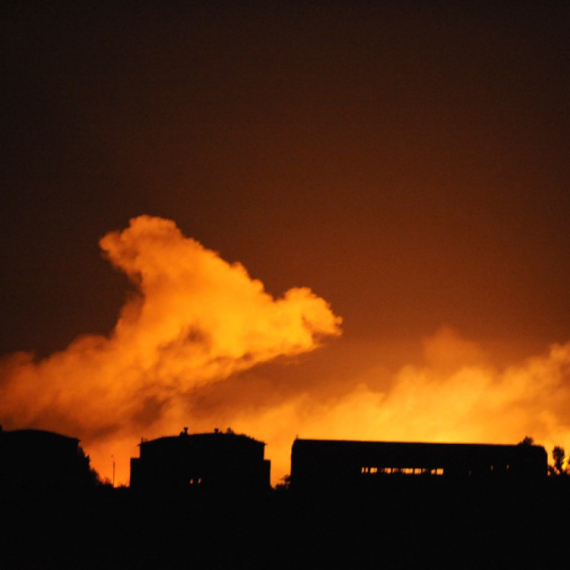
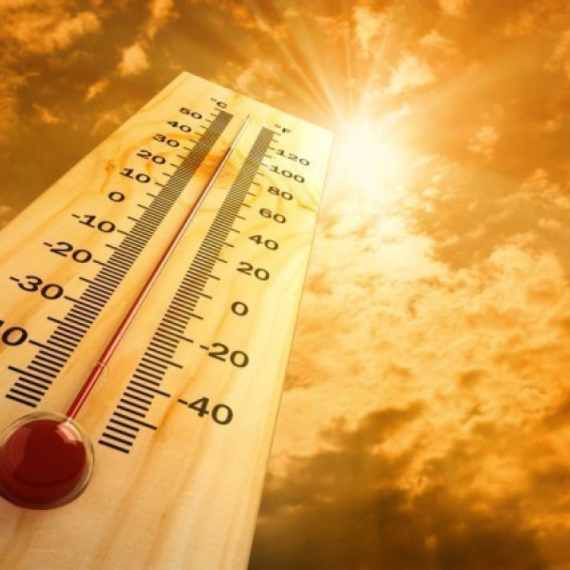
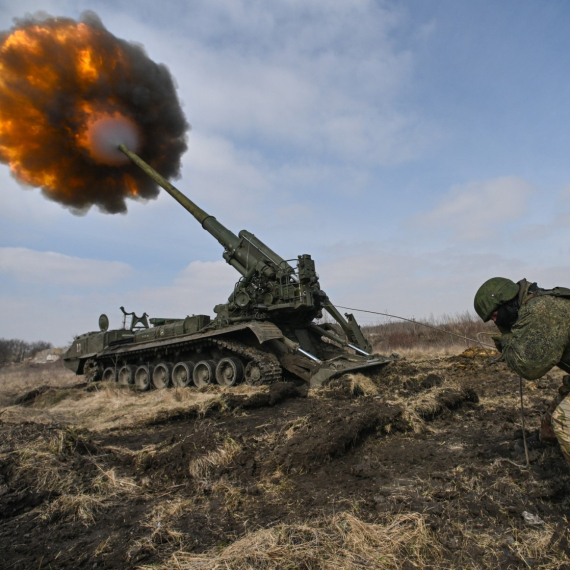




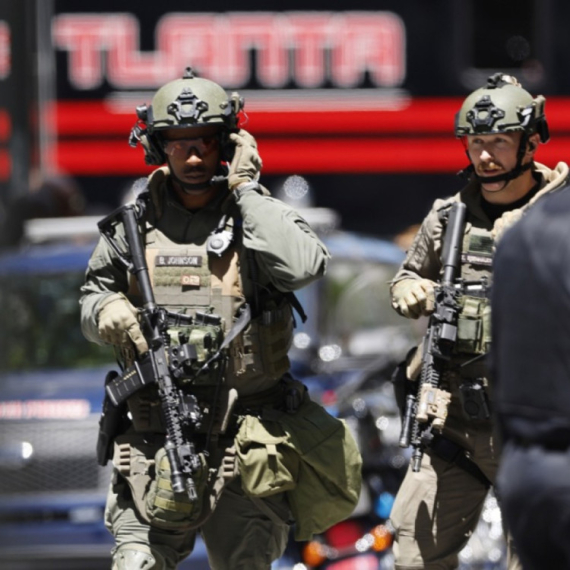

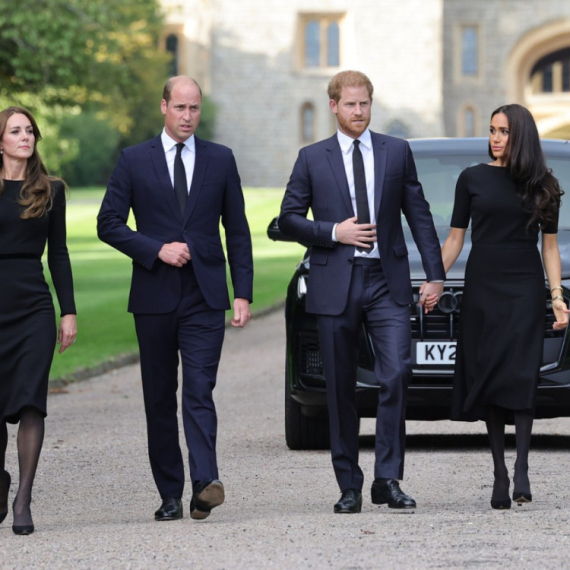
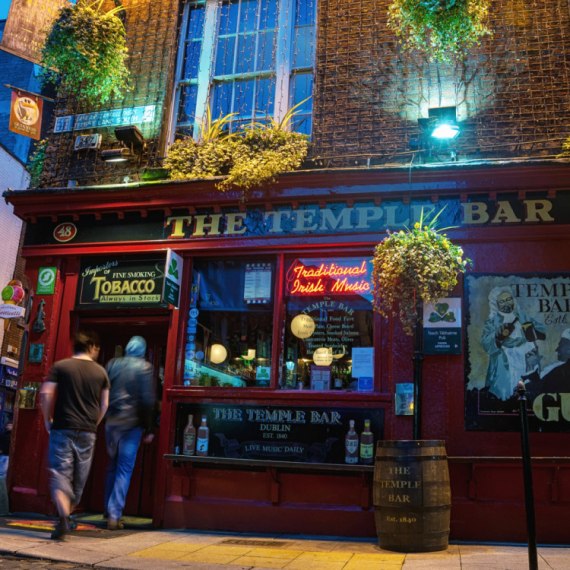


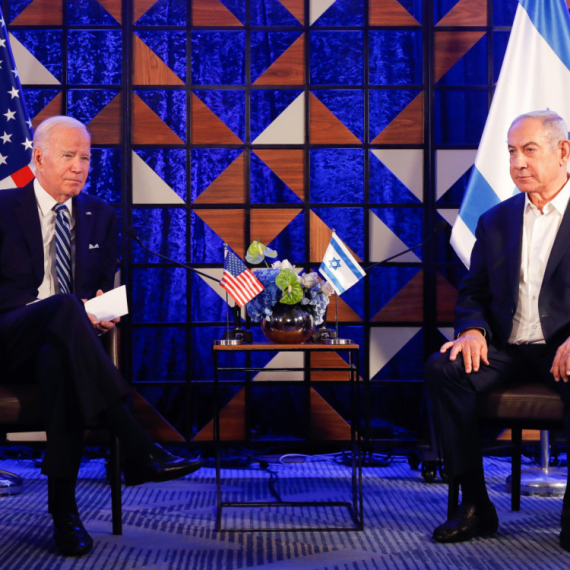
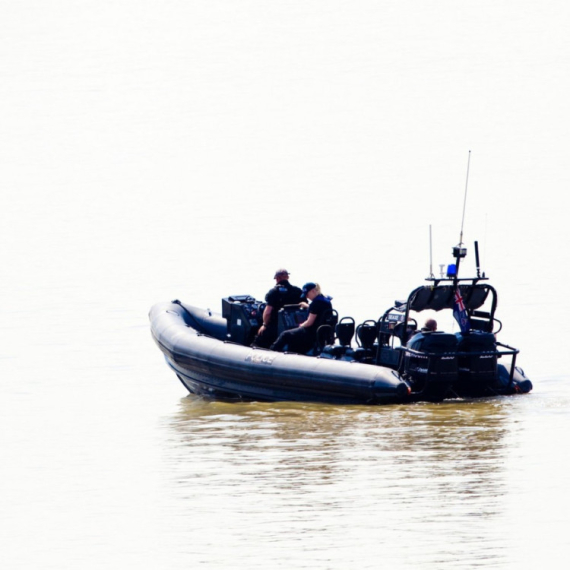
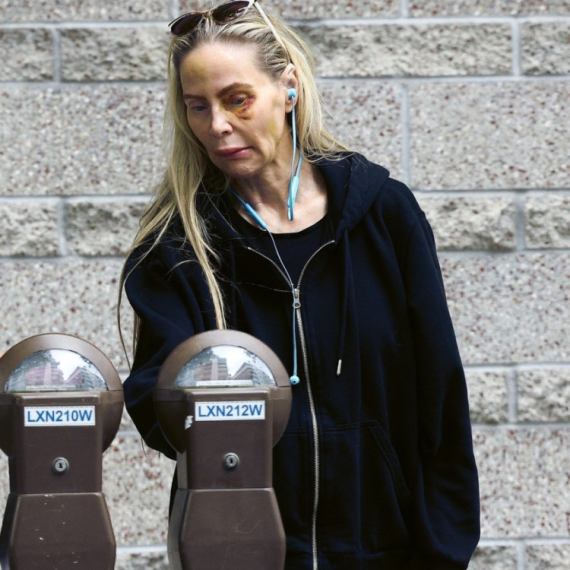

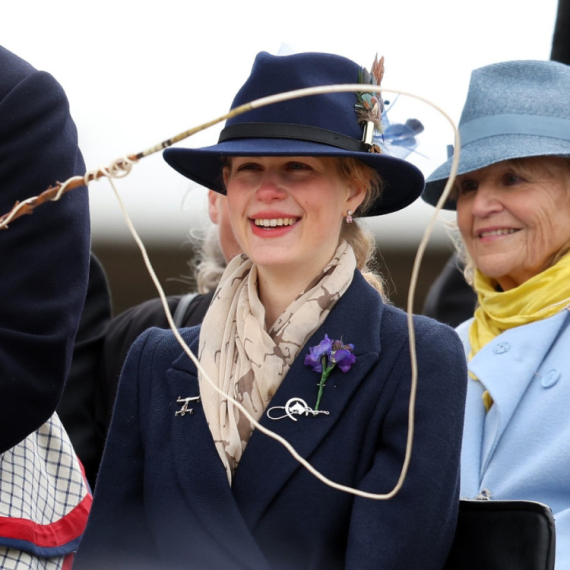







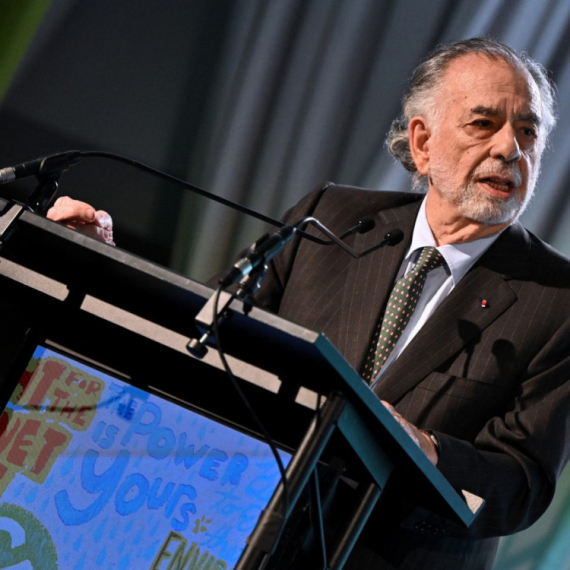
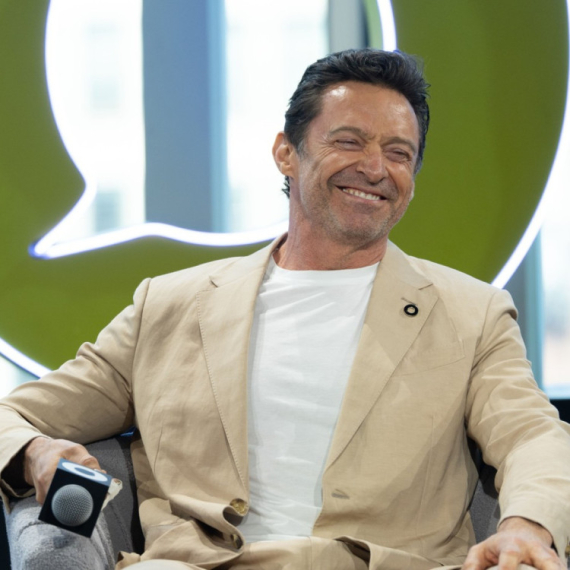
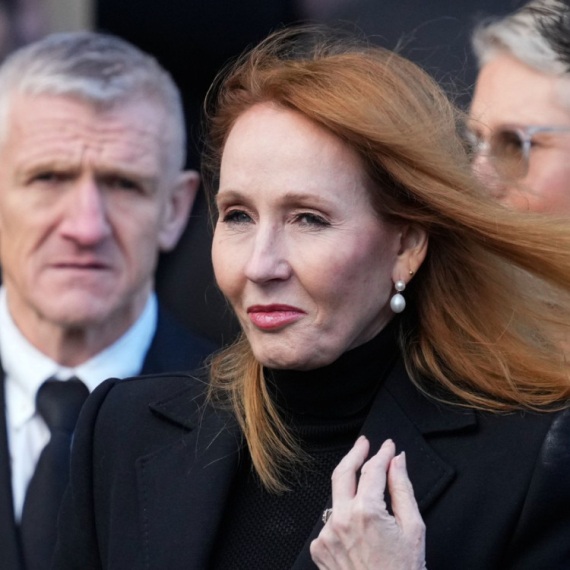







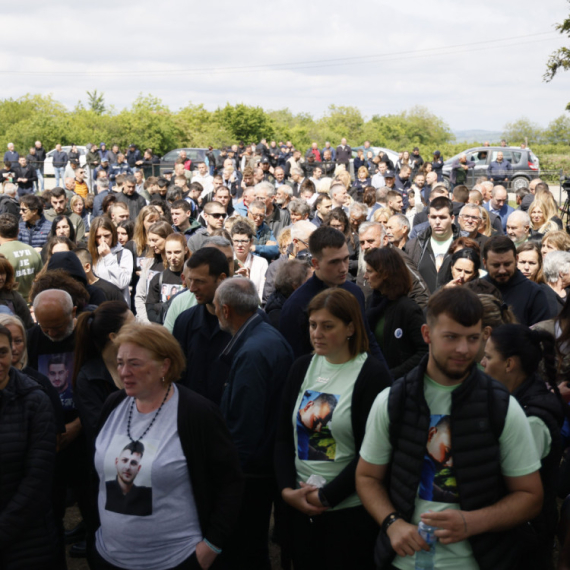
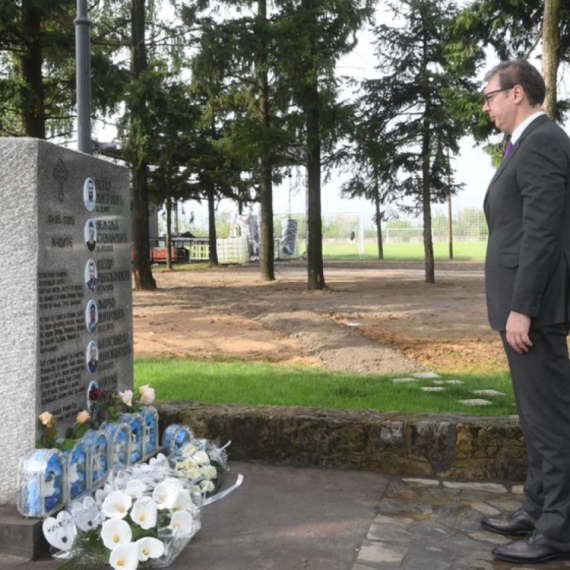
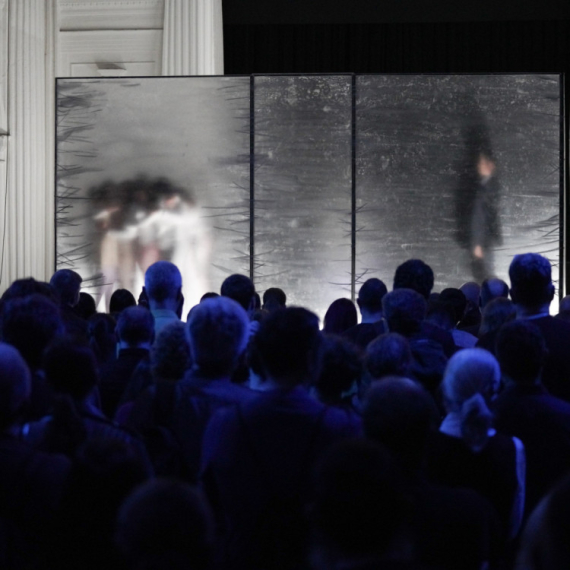
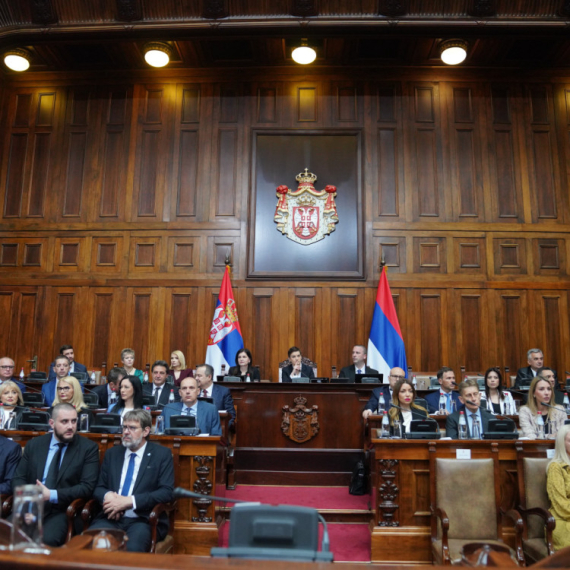


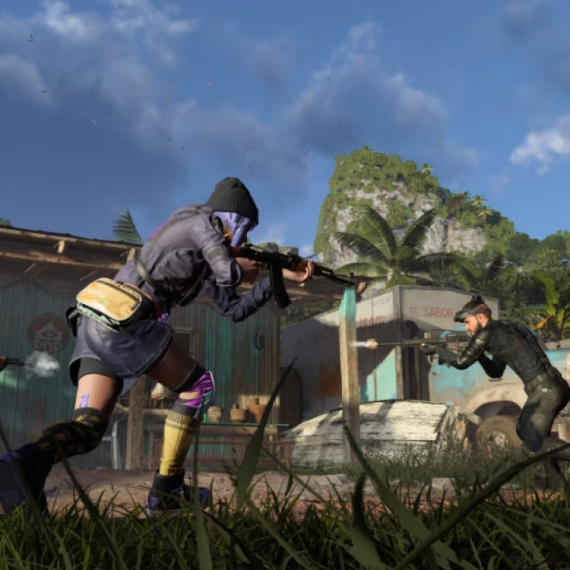
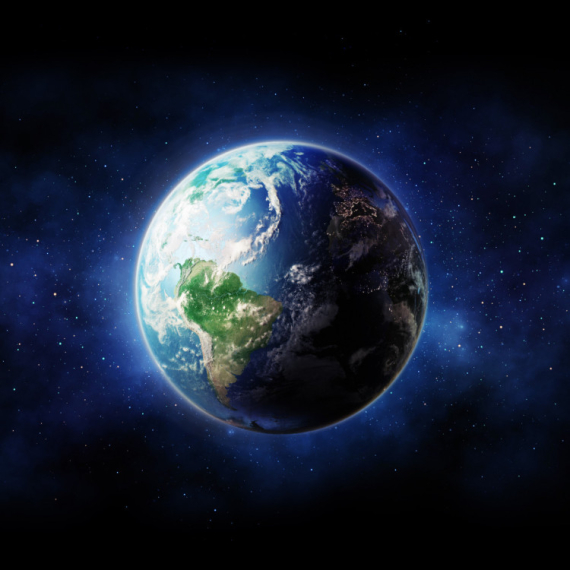



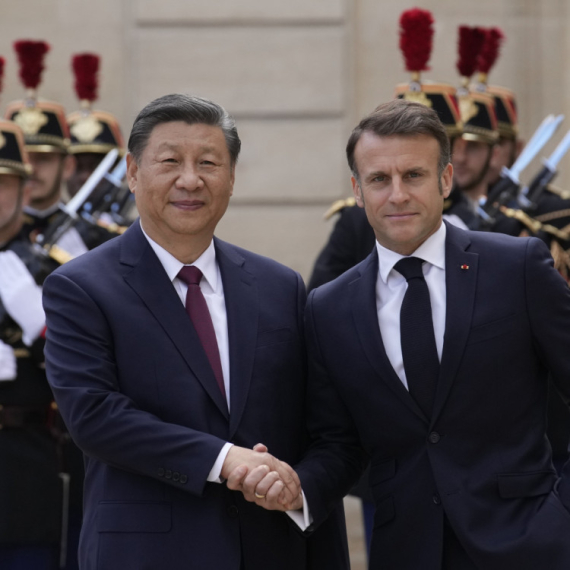
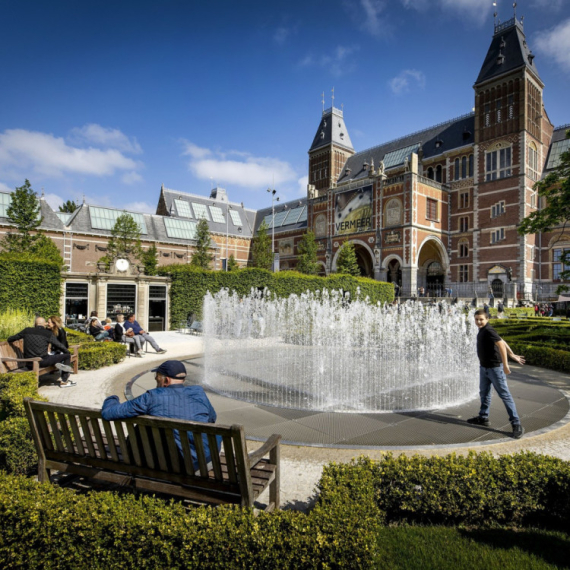

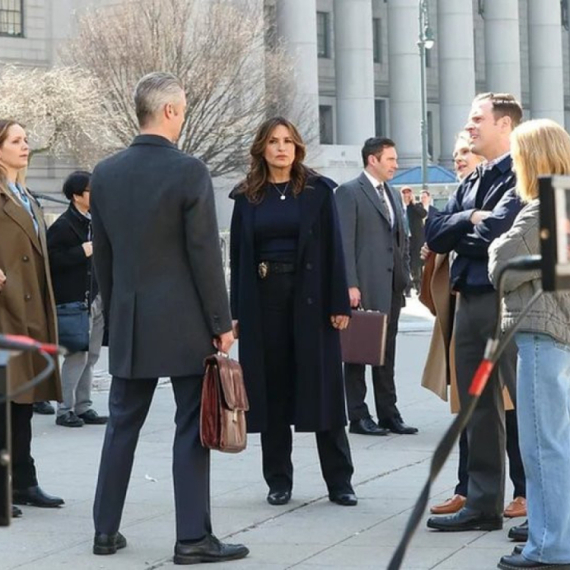
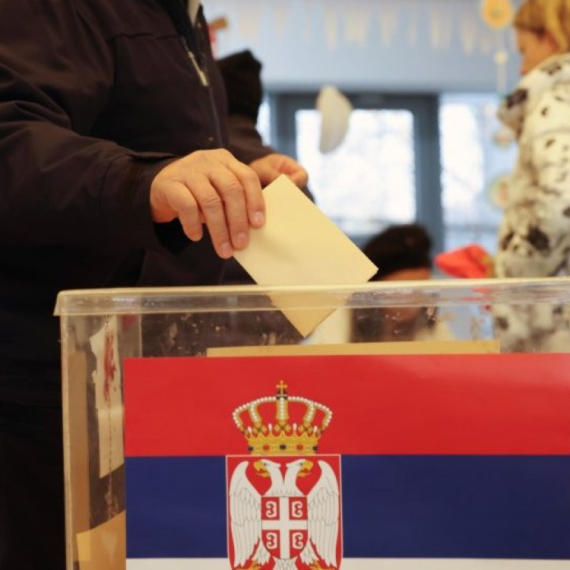
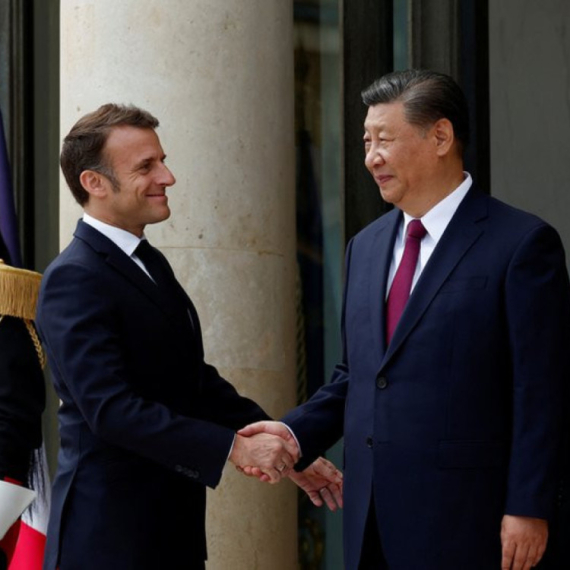



Komentari 0